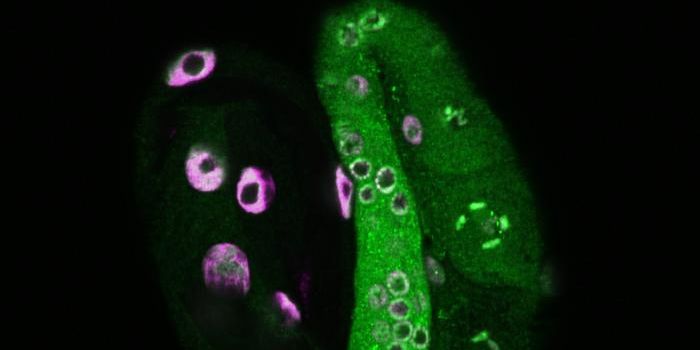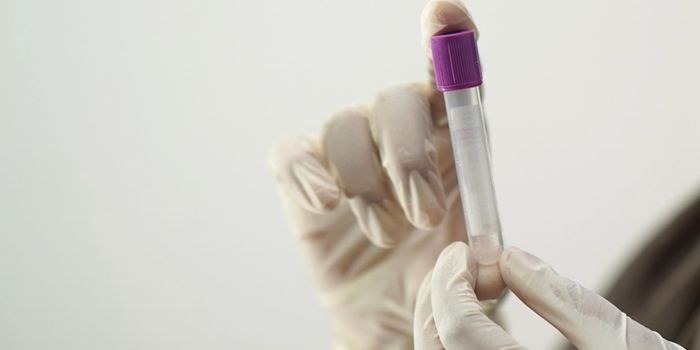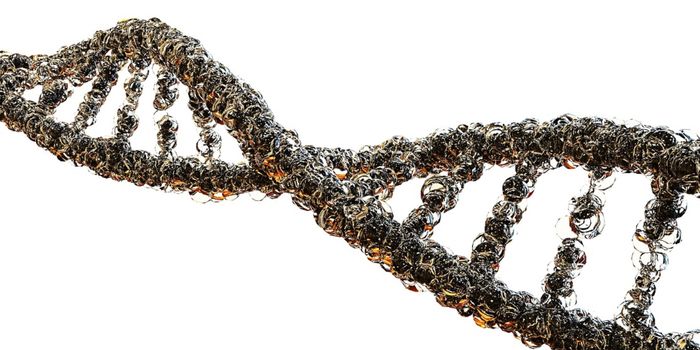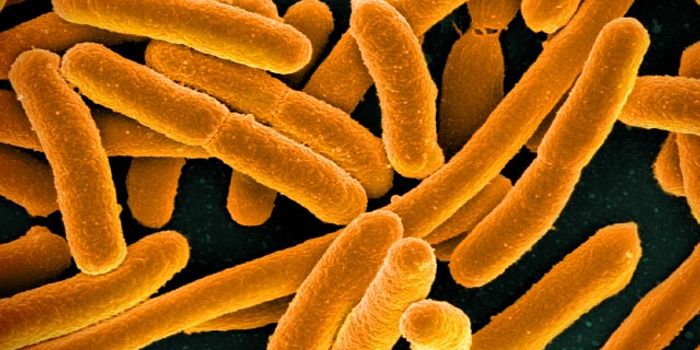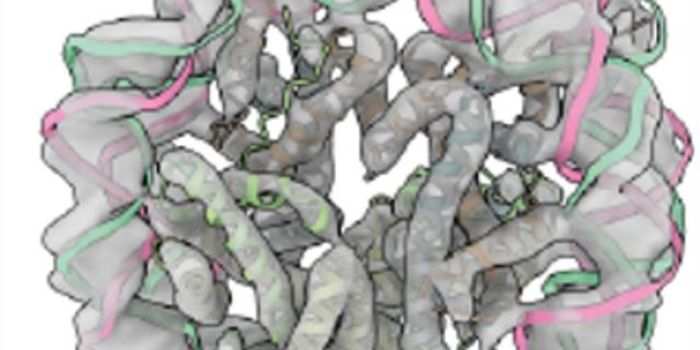The Loss of This Protein Alters Muscles' Reaction to Testosterone
A gene known as ACTN3 (α-actinin-3) has earned the nickname “the gene for speed,” and it may have an influence on how androgens work through the androgen receptor to maintain muscle mass. Research has also shown that about one in five people lack ACTN3 expression. So, scientists hypothesized that since some people don’t have ACTN3 activity, people may also be responding to androgens like testosterone in different ways. New research has confirmed that hypothesis; the lack of ACTN3 can affect the interaction between testosterone and muscles, which could also impact athletic performance and possibly, muscle loss that can occur during aging. The findings have been reported in Science Advances.
The α-actinin-3 protein is produced in muscle cells, and is crucial to explosive activity. But about one in five people do not express this protein because of a variation in the sequence of the ACTN3 gene. This variant reduces the level of androgen receptors in the muscle tissue of men and women, and it affects how muscles grow when they are exposed to testosterone.
In this study, the researchers studied mouse models as well as human tissue samples. They determined that when mice lacked ACTN3, the levels of androgen receptors got lower. The loss of ACTN3 caused more significant loss of muscle when testosterone activity was blocked in male mice. And in female mice given supplemental testosterone during puberty, the loss of ACTN3 disrupted muscle growth.
"This gene has long been associated with elite sprinting ability, but we're now seeing it plays a much broader role in muscle biology," noted senior study author Dr. Jane Setoshe of the Murdoch Children's Research Institute (MCRI). "It's not just about speed but about how your muscles respond to testosterone."
A variety of cellular mechanisms were found to be related to how muscle mass is reduced due to the loss of α-actinin-3 protein and changes in testosterone sensitivity; these mechanisms included autophagy, intracellular transport, and mitochondrial activity. There were also seven genes that were found to be related to these processes.
"This could help explain why some people lose muscle more rapidly with age or illness, and why others respond differently to testosterone-based therapies," said Seto. "The findings support this protein as a potential target for future treatments aimed at preserving muscle mass, especially in older adults or those undergoing testosterone-related therapies."
Sources: Murdoch Children’s Research Institute, Science Advances



